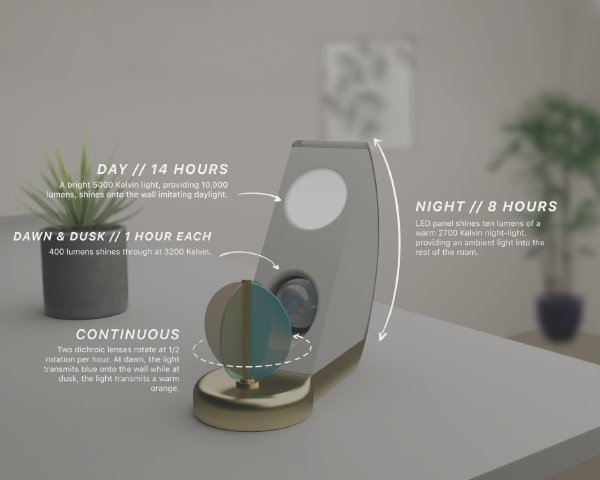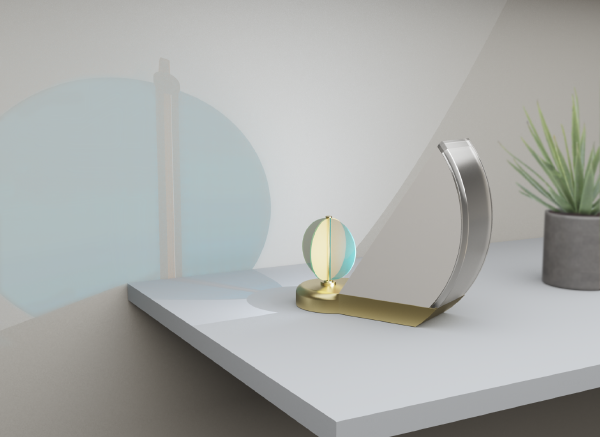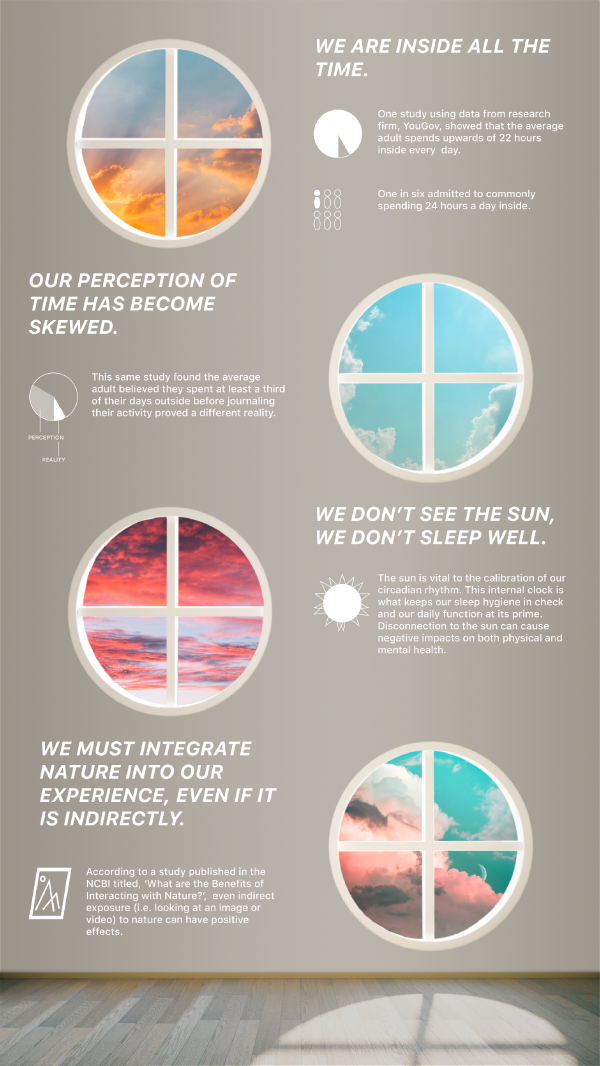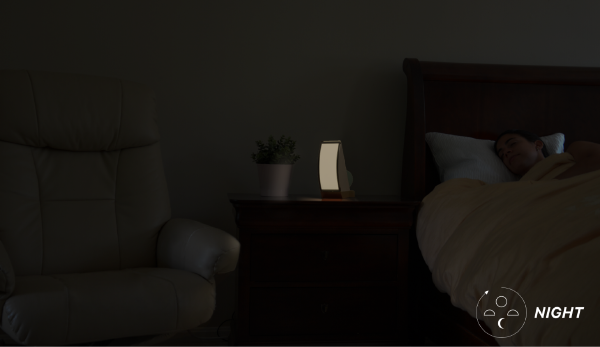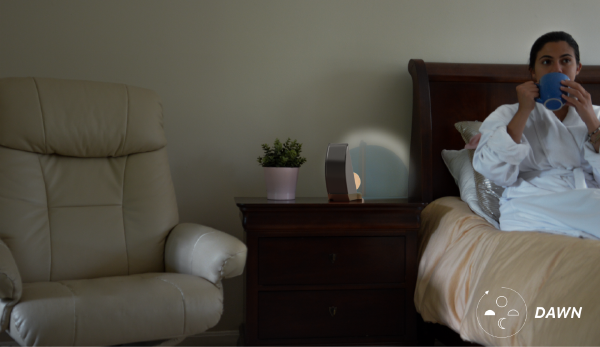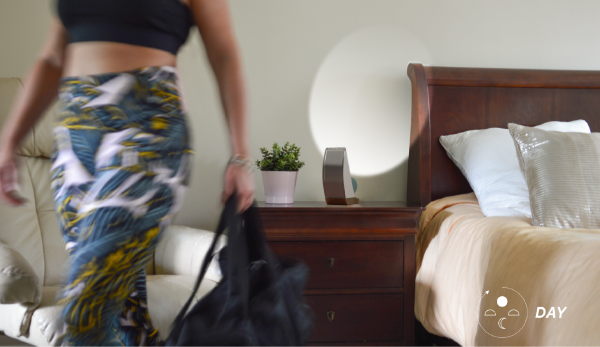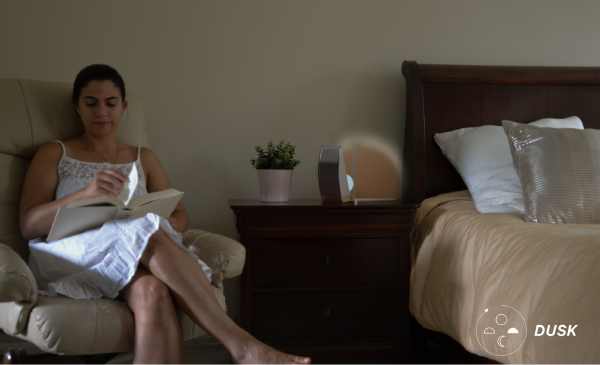Helios
Archeology tell us that Babylonians and Egyptians began to measure time at least 5,000 years ago. Our ancestors would rely on the sun to shine on sticks, and later obelisks, and measure the shadow it cast below.
Now, the most accurate clock in the world is measured by the atomic vibrations of strontium 87. These atoms tick at femtoseconds so precisely no second is lost over the entire age of the Universe.
From Edgar Allen Poe, to the Japanese philosophy of Ma, to Einstein’s Theory of relativity, time and space have been discussed and theorized to be wholly entangled. As we continue to fill the space on our clocks with more markings (signifying infinitely smaller increments of time), so too do we feel the need to fill this space with action and productivity. In this extreme reality, time has become arbitrarily constructed. Whereas our ancestors relied on their relationship to nature and the sun above, our relationship to time has been diminished that of synthetic numbers flashing across a digital face; the incessant ticking of a clock that blends into the noise pollution of the modern world.
Helios challenges this current reality by presenting the opportunity to reconnect to our instinctual relationship with time. One of the earliest forms of timekeeping and, as the Science Museum of London states, “the one truly natural units of time,” are day and night - phenomena dictated by the sun. Through this project, I drew influence and inspiration from this original time-keeper to encourage a stronger intuitive sense of time and time passing. Through experimentation with color and perception, expert consultation from those in the field of Neurology, and feedback from a group of representative users, a lighting cycle was developed to denote four different moments of time: night, dawn, day, and dusk. Color, light temperature, and luminosity interact at different levels to indicate these different times.
Helios aims to renew our intuition and refine our connection to the natural world.
Thank you to Dr. Gabriela Keeton for your help during the completion of this project.
In future considerations, there is potential for Helios to provide a positive impact in the lives of those with Dementia. One of Dementia’s most debilitating effects comes from a patient’s loss of perception of time and Helios could be investigated to become a tool to reinforce an intuitive sense of time in those living with this syndrome.
